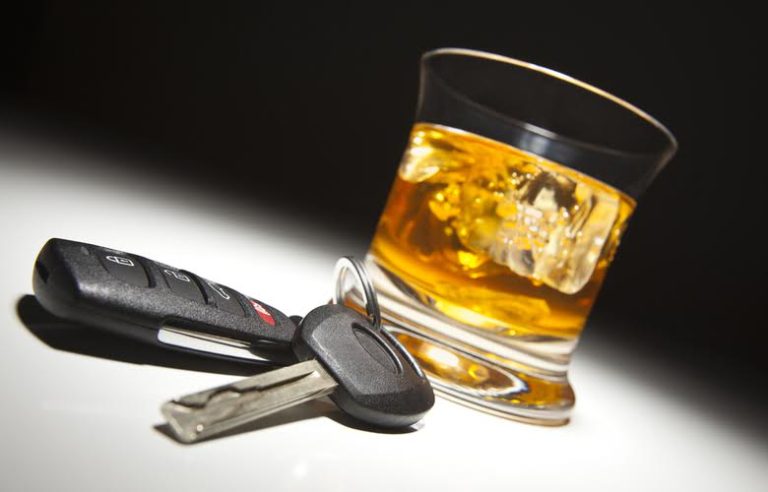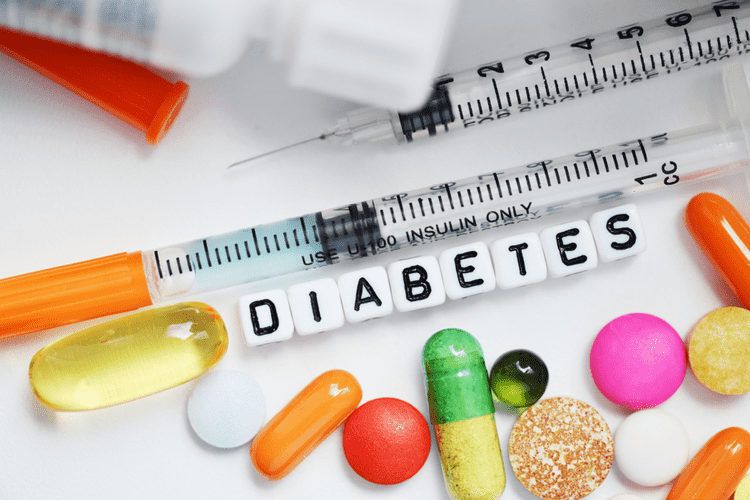- Sober living
-
by pohoda
Choosing to taper off alcohol is an admirable decision and a step in the right direction. As with many self-detox methods, the risks and rewards go hand in hand when attempting to overcome an alcohol substance use disorder. But, with a little prior knowledge on how to taper off alcohol, adequate planning and professional consultation from a healthcare provider, it can certainly be done.

How to Safely and Effectively Wean Off Alcohol

However, you may experience withdrawal symptoms or relapse if you’re not tapering correctly and safely. People who try tapering off alcohol won’t have the guided support of medical professionals that they would at inpatient treatment. In contrast, in-patient care can be more beneficial and less expensive in the long-term. We are family oriented drug and alcohol detox and rehab center in Northern California. We offer a range of holistic and evidence-based addiction treatment http://ukr-biz.net/directory/8_0_14.htm services with personalized treatment plans. Remember, overcoming alcohol dependency is a journey that requires commitment, patience, and support.

Figure out how much you actually drink
- Weaning off alcohol can not only dramatically improve the quality of your life, but it can also actually save it.
- However, here is a sample timeline of what the average person can expect.
- Because of the risk of a lower success rate and prolonged alcohol exposure, most healthcare professionals will recommend a professional detox over tapering.
- When you call our team, you will speak to a Recovery Advocate who will answer any questions and perform a pre-assessment to determine your eligibility for treatment.
- Once you have a clear understanding of your current alcohol consumption, you can start setting achievable goals for reduction.
This method works best with gradual reduction, as alcohol withdrawal symptoms can start within 12–24 hours after stopping drinking. Generally, alcohol-free days are better towards the end of a gradual reduction, not towards the beginning. The https://eleanor-cms.ru/news/%D0%BD%D0%BE%D0%B2%D0%BE%D1%81%D1%82%D0%B8-%D0%B8%D0%BD%D1%82%D0%B5%D1%80%D0%BD%D0%B5%D1%82%D0%B0/internet-tv.html amount of time it takes to taper off of alcohol can vary greatly from person to person. Some people can taper quickly and quit alcohol completely, while others may take longer. But deciding to cut back on drinking is much more important than the length of your alcohol taper. When someone stops drinking, they must decide whether to quit “cold turkey” or taper their alcohol use.
Strategies for Safe Tapering
Prolonged and excessive alcohol consumption can impact your brain, causing changes to the neurotransmitter gamma-aminobutyric acid (GABA) receptors. Heavy drinking can lead to a reduction in the sensitivity of your brain to the amount of GABA produced. If you abruptly stop consuming alcohol, your brain may not have enough sensitivity to GABA, which can result in hyper-excitability and withdrawal symptoms. Many people can recover by going to a specialized rehab center that uses proven treatments.
- Going “cold turkey” means abruptly stopping drinking entirely, leading to uncomfortable withdrawal effects.
- The reason for this is that alcohol withdrawal symptoms can quickly snowball and worsen.
- Cory Monteith – another amazing person lost after battling the disease of addiction.
This is https://ladaonline.ru/news/3194/h?PAGEN_1=907 why it’s always best to find some form of long-term support in sobriety. Support groups, from Alcoholics Anonymous to SMART Recovery, are one free way to find a community of people on the same journey. There are also a number of anti-craving medications to help you avoid drinking again, or even help with your tapering process. Finally, finding a therapist or a recovery coach can help you develop new coping mechanisms and move forward in your life. Tapering is meant to reduce the withdrawal symptoms from quitting alcohol, but this isn’t a guarantee.
As the name suggests, this method involves gradually reducing the amount of alcohol you drink over time, so you consume less and less alcohol each day or week. The gradual reduction method can be difficult, as you must strictly control how much you drink daily. It is important to note that alcohol tapers are generally not recommended as the best way to stop using alcohol. Most healthcare professionals recommend a medically-assisted detox as the best way to get off alcohol.
